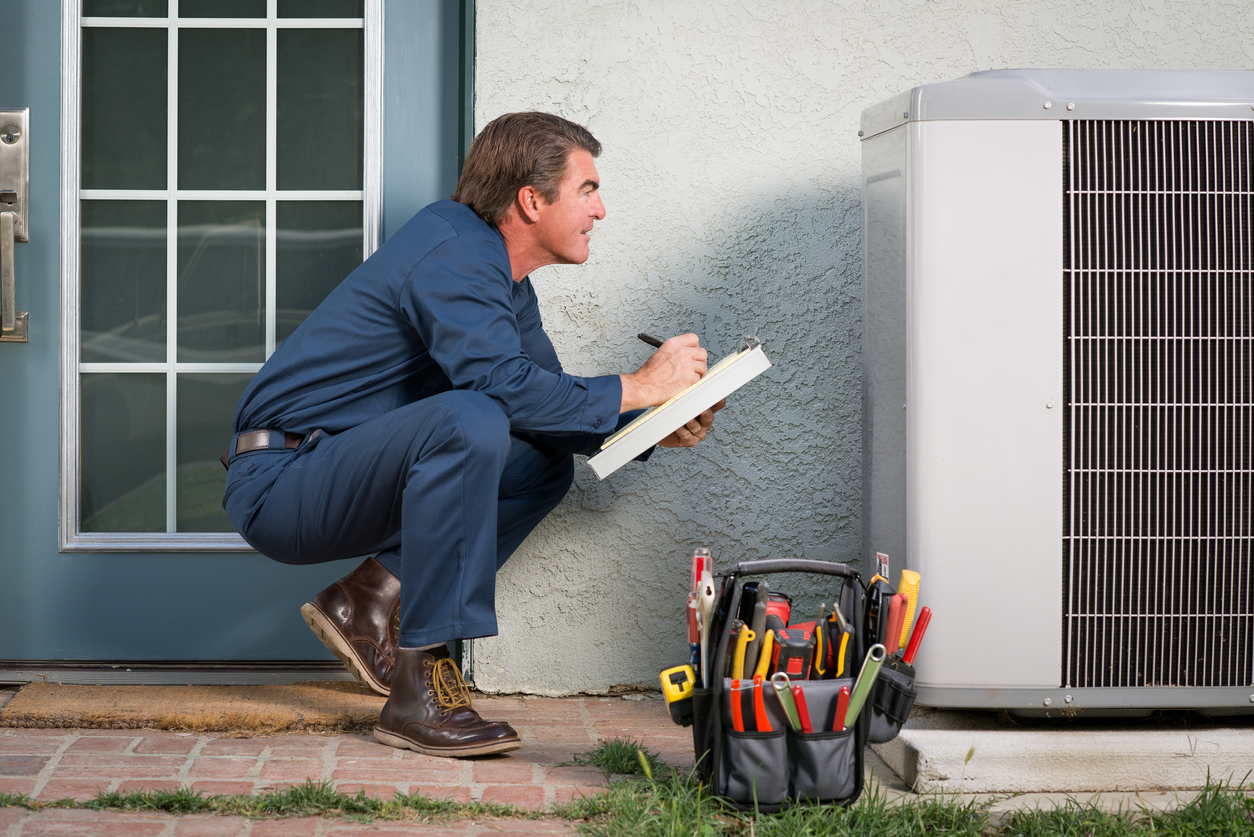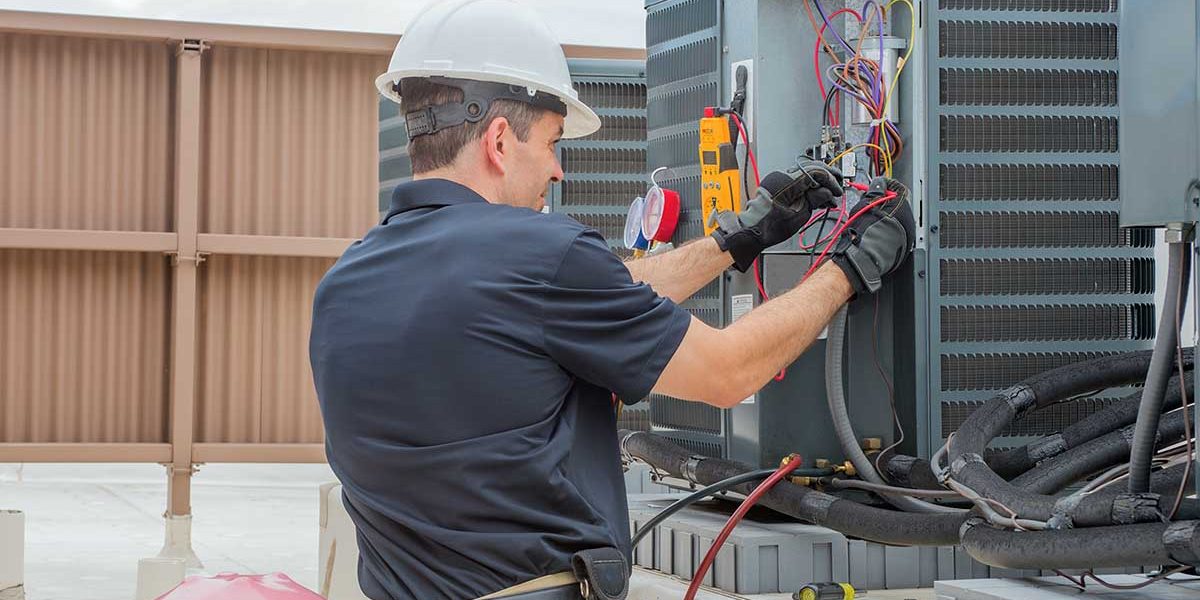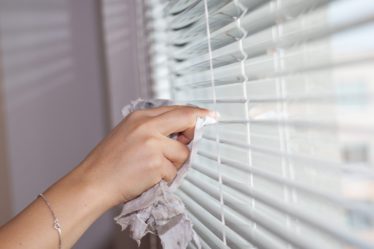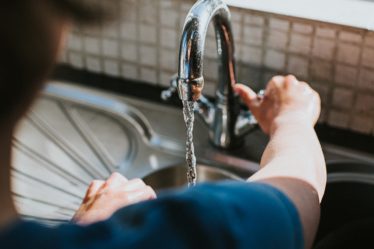
Your HVAC system is responsible for delivering warm or cool air throughout your home based on your desired settings. Depending on where you live, seasonal changes could require that you spend a considerable amount of time inside at different times. When you have to be inside, you are breathing in the air that is circulated through your HVAC system. As such, you’ll want to make sure that the air inside of your home is clean.
Every day, dust, dirt, pollen, pet dander, and other allergens can make their way into your ventilation system and circulate throughout your home. Not only can this impact the air quality in your home, but it can also create some health issues for those with asthma, allergies, or other respiratory problems. Breathing in allergens such as mold and pollen can create a number of problems.
The best way to ensure that your home is clean and free of airborne allergens is to focus on the indoor air quality in your house. Let’s take a look at some tips to keep allergens out of your home.
Schedule regular HVAC maintenance each year.

If you want to ensure that your air is free of allergens and airborne particles, you need to target your HVAC system. Throughout the year, dirt, dust, and other allergens build up on the components in your system. If left unchecked, your HVAC equipment will circulate these particles throughout your home. As a result, it is important that you schedule regular maintenance with an experienced HVAC company annually. A qualified technician will inspect and clean your equipment to remove the dirt, mold, and other substances that can cause allergy symptoms and other problems.
Change your air filters regularly.

As your home’s first line of defense against airborne allergens, your HVAC system air filters can catch and trap many contaminants. Checking and changing air filters regularly is an essential part of ensuring that your home has quality indoor air. Depending on the season and the number of pollutants in the air, you may need to change out the air filters in your home more frequently. Clean air filters can help alleviate asthma and allergy symptoms caused by airborne particles. However, in many instances, a clean air filter may not be enough to block all of the allergens and pollutants.
If you live in an older home or in an area with heavy mold growth or other allergens, you may need to upgrade your filters. A high-efficiency particulate air filter (HEPA) is specially designed to remove 99.97 percent of airborne particles. They are effective at capturing viruses, bacteria, pollen, and other allergens. Synthetic materials used in a HEPA filter can help significantly reduce the number of airborne particles circulating your home. Those with particularly sensitive allergies or respiratory illnesses could benefit from the added protection of a more expensive HEPA filter.
Clean your ductwork periodically.

Over the course of the year, experts estimate that several pounds of dirt, dust, pollen, pet hair, and other debris can collect in your ductwork system. Your ductwork is like a highway running throughout your home to deliver air to all parts of your house. As a result, the contaminants and debris in your air ducts could make their way into your home. If you want to lower the risk of allergens making their way through your air vents, you can consider having your ducts cleaned. A qualified HVAC service can vacuum out your air ducts to remove all debris and dirt in your system.
From bacteria and viruses to pollen, mold spores, and dust, the air in your home could contain numerous contaminants. Getting regular maintenance, changing your filters, and cleaning your ducts could help you keep your home cleaner and the air healthier for your family.


